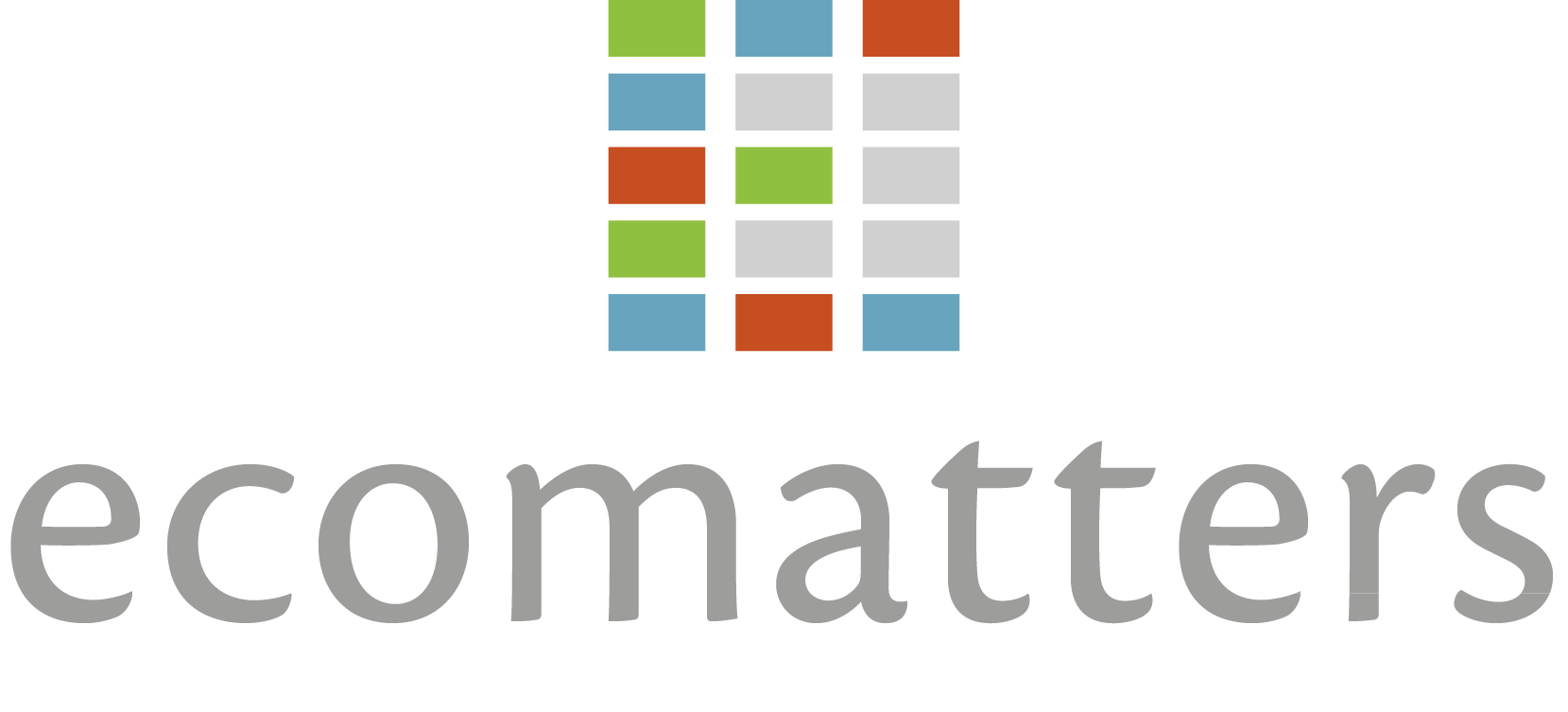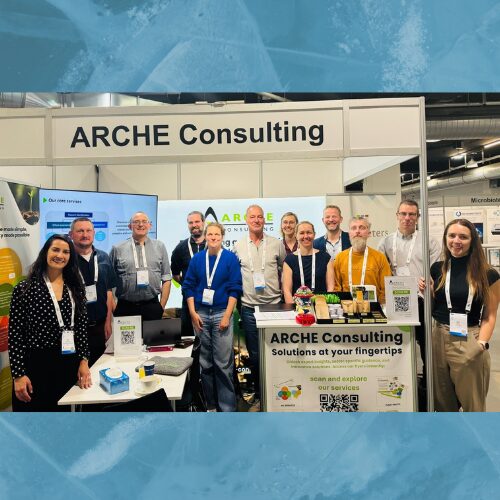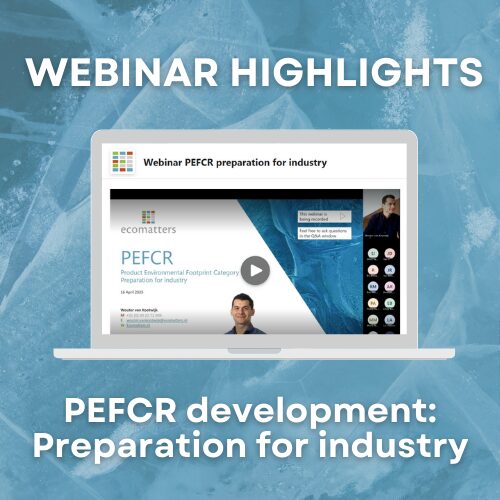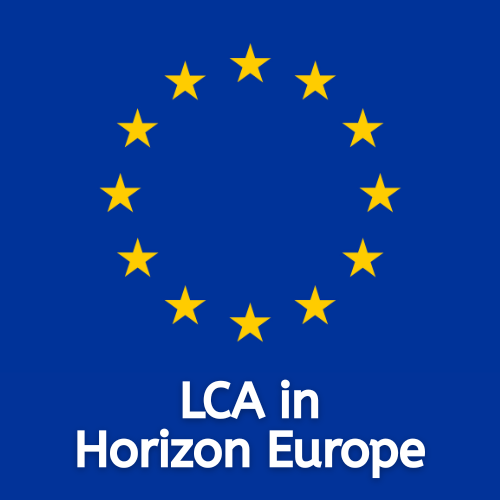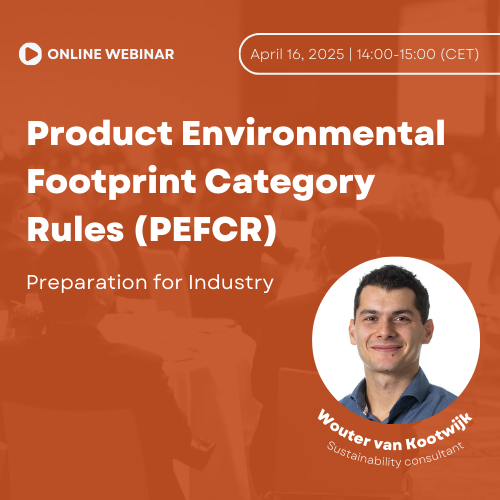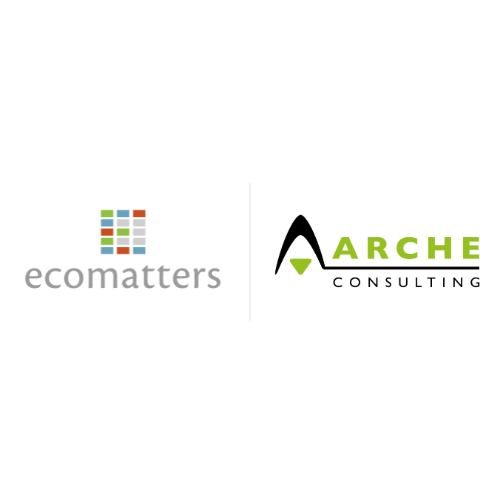With all the struggles, rough edges, and ups and downs, sustainability is slowly becoming part of our economy. Commitment to sustainability among businesses has already left the “early adopters” area and is expanding to the general business masses. Pushed by the trend, companies start looking for a way to express commitment and soon reach out to one of the most common activities they can do – sustainability reporting. It does look “proper”, but it also looks like a lot to do. So, is it worth it, and should you do it?
A sustainability report is a report published by a company or organisation to communicate its economic, environmental and social performance, present values and governance model, and demonstrate its commitment to a sustainable global economy in link with its strategy.
Not looking between the lines, a sustainability report is a means of communication and not an action per se. It is important to point out that the action (or in the very beginning – the intention) should come first. It is not a big secret that communication without a real deal behind it happens in sustainability right, left, and center, but from a long-term perspective that’s not the way to go. Eventually, cats get out of their sacks. Thus, if you are here to stay, communication should be a reflection of your real goals, strategy, and performance.
Then, the question you have to answer first – what do you have to communicate and who is your audience?
If you are a bigger company, chances are that you have significant impacts in multiple areas and that they are interconnected. A middle-size furniture manufacturer already would have to think of the sustainability of the wood they use, emissions they produce, waste generated and how it is treated, how diverse their team is, how safe their products are, and how safe and healthy the working conditions are. If this manufacturer is striving to position itself on the market as a sustainable manufacturer, this list would be even larger. And if we talk about a big transnational chemicals producer – it goes further and beyond. Moreover, if you are a big company, it is also more likely, that you have a wider range of stakeholders, and your stakeholders do invest time and effort in learning about your sustainability performance. The conclusion: sustainability reporting sounds like a thing to do. Bad news – it is a lot to measure, count, and describe, and the first rounds will be painful. The good news – it will help you to stay on top of your performance, and develop your strategy in a clear metric, you can integrate it, and it is totally worth it. Our advice – be mindful when choosing a framework for your reporting: with required consistency, it will define your path for the consequent years. Global Reporting Initiative Standards at the moment are the most popular, known, and accepted framework.
So what can small enterprises do?
If you are a small business, involved in one or two closely related activities, and focused on single private customers, it is very probable that sustainability reporting is not going to bring you much. Likely, the impacts you have to a non-neglectable level occur just in a couple of areas. Such, for a coffee shop, energy consumption together with fair and sustainable produce sourcing would cover the biggest impacts. Moreover, the audience of small companies is usually less invested in investigating the background of the businesses’ sustainability. You would rather choose where to grab a coffee by reading a short statement about the company’s sustainable practices on the wall of the coffee place itself, than reading their whole sustainability report and fighting your way through, for example, water discharge indicators. Therefore, assuming that as for a small company your interest in sustainability is either an inner urge for doing good, or positioning on the local green market, there is no reason to invest large resources into the full sustainability report compilation. You could opt to measure and communicate one or two indicators based on the widely used frameworks. However, we would advise rather to choose the areas that you want to communicate your goals and performance in, and go for more well-known marks of achievement. Labels and certificates would be easier for your audience to comprehend “on the go” and they meet more recognition. For example, if you are concerned about your impact on climate change, have a look at the Climate Neutral Foundation’s certificates.
Deciding which way to go
- Think about who your audience is, what they are interested in, and what their way to learn about you is;
- Think of your sustainability goals and strategy, and how the communication would help you in it, complement it, and push it forward.
- Think of your resources available for communication plan implementation.
[1] https://www.globalreporting.org/information/sustainability-reporting/Pages/default.aspx
